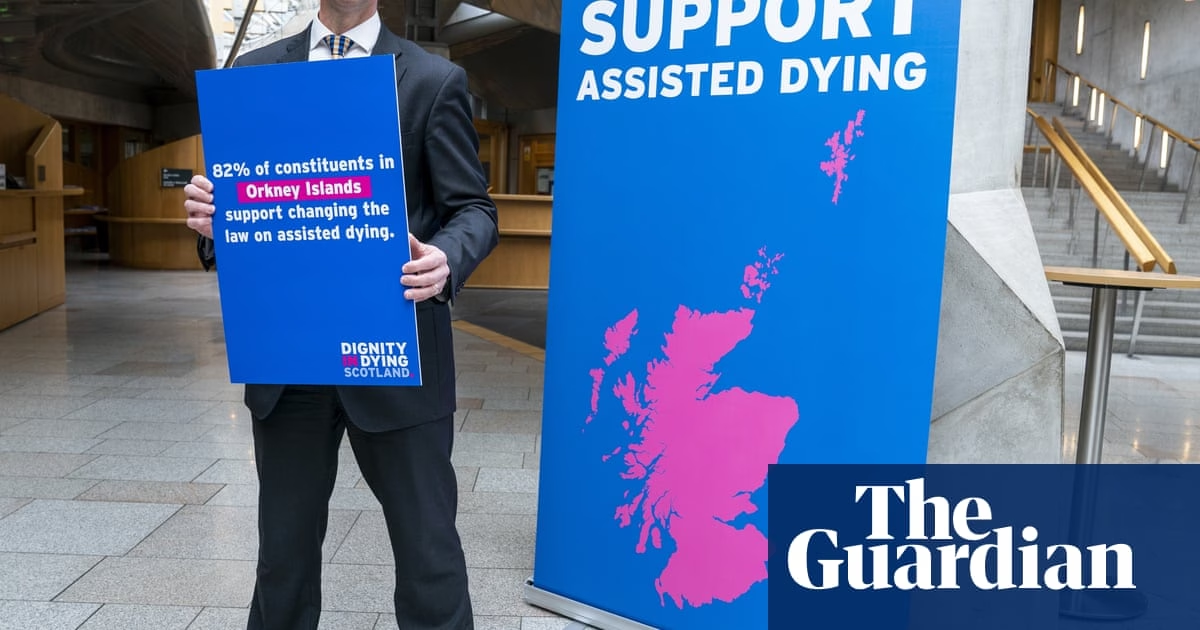Pam Duncan-Glancy, a Scottish Labour education spokesperson and a disabled Member of the Scottish Parliament (MSP), argues that the issue should not be viewed simply as a matter of choice and personal autonomy but rather considered in light of its broader implications. She emphasizes that while no one wishes to be in pain, the focus should be on increasing access to palliative care rather than enabling assisted dying.
The proposed bill, which was introduced by Scottish Liberal Democrat MSP Liam McArthur, would allow individuals with advanced and progressive terminal illnesses to request assisted dying if confirmed by two doctors. The individual must have the mental capacity to understand the decision and be able to perform the procedure without assistance.
Politicians including Scotland’s recent first ministers, John Swinney, Humza Yousaf, and Nicola Sturgeon, have spoken out against the measure. Sturgeon expressed concerns about the potential for internal coercion, where an individual might feel a duty to die for the benefit of their loved ones.
Supporters of the bill, including Fraser Sutherland from the Humanist Society of Scotland, maintain that the majority of Scottish voters back the proposed measures and call for MSPs to be brave and compassionate in their decision. McArthur insists that the current system causes undue trauma for patients and their families and that parliament must address the issue to prevent people from seeking assisted dying overseas.








